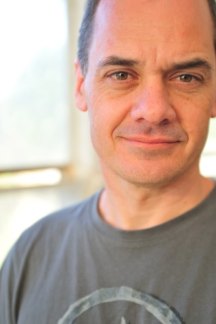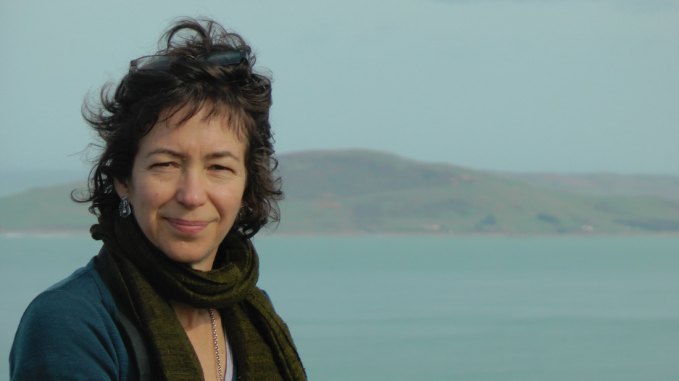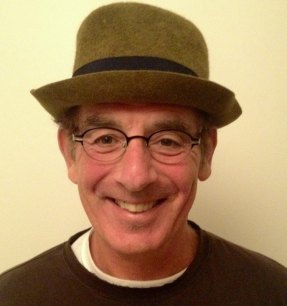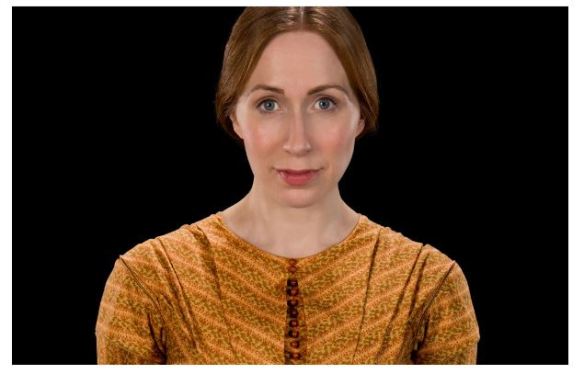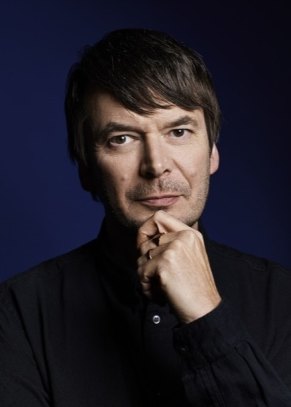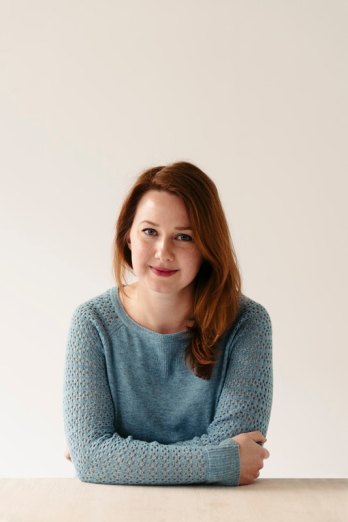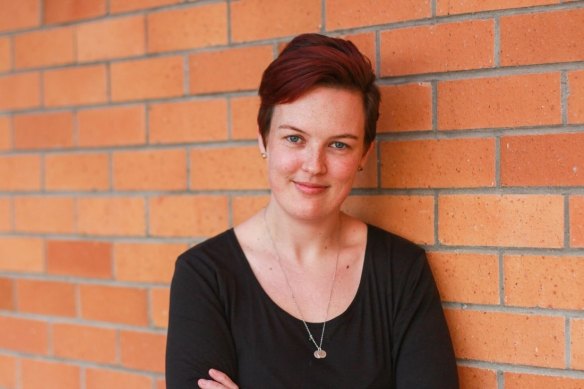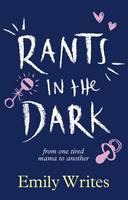Ian Rankin at Dunedin Writers and Readers Festival 2017
Ian Rankin has an enviable reputation as a bestselling writer. Few can or have matched his game in the crime fiction scene, with his most famous character Rebus having become like some sort of tetchy Scottish uncle to many readers. I have to admit to never having read any books with Rebus in them, and so I sloped into the Toitu Museum tonight hoping nobody would spot me as a traitorous (but nonetheless enthusiastic) attendee.
Rankin and partner-in-conversation Liam McIlvanney were a perfect match for this evening, with lilting Scottish accents and matching senses of humour. Call me shallow, but I could happily have sat and listened to the two men chatting away as if natives in an Edinburgh pub, regardless of content. But, of course, the content itself was also first-class.
The evening’s discussions centred around Detective Sergeant John Rebus as a character, and Edinburgh itself as exceptionally present in the books. Even without a reader’s knowledge of these things, the insights Rankin offered on the writing of character, and the form of the crime novel itself, were engrossing. He shared how his books started out quite large - nearly 600 pages - at the start of his career and how he is now trying to whittle them down to under 200 pages. One could surmise that Rankin has the room to work more succinctly when a character such as Rebus is already so well-known to the reader.
Rankin divulged how difficult writing was at the start of his career, and how he was 10-15 books in before he experienced fame (and, one would assume, the subsequent fortune to be found by only a few) in the writing world. He shared a particularly poignant story of the stress he felt as the main breadwinner of the family whilst living in France in the earlier days of his career. The image of Rankin driving down a rural French road screaming and shouting to try and rid his body of the tension and adrenaline he was experiencing at the time is not one that sits naturally with such a self-assured and confident writer and speaker, but it is a good reminder of the humanity that is to be found in even the most famous of folk.
It seemed that there were many fans in the audience, as this was another sold out event for the Dunedin Writers and Readers Festival. Bravo!

